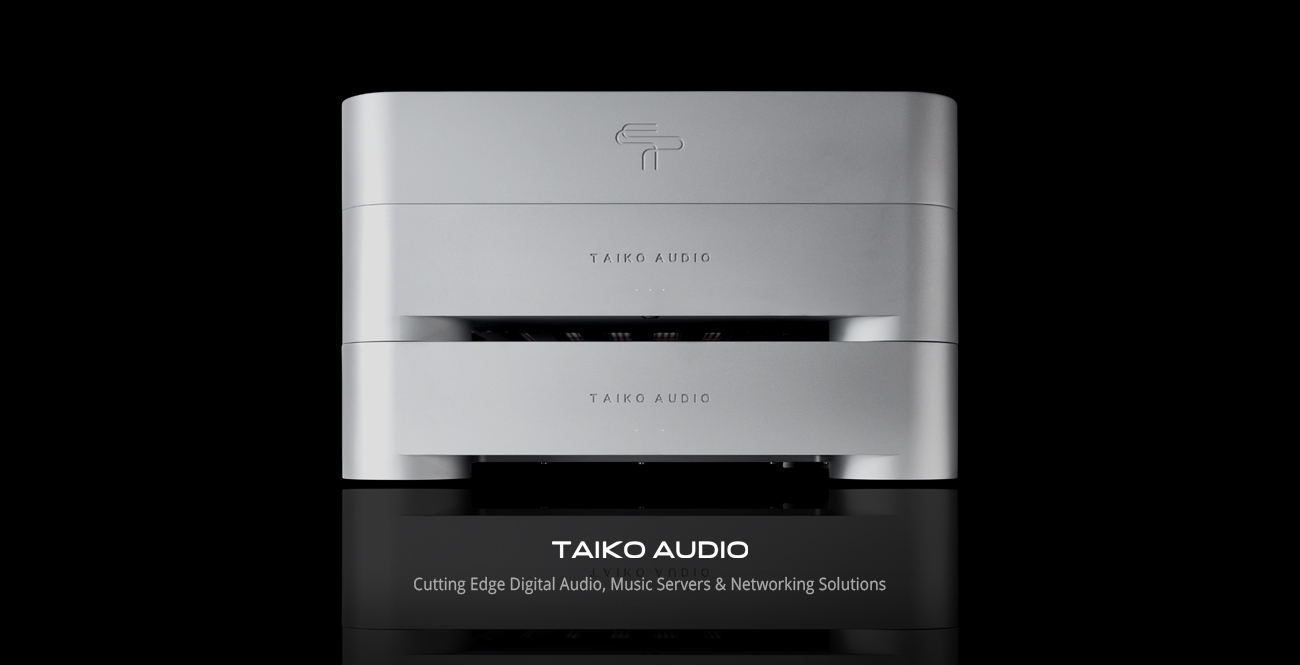I have 8 TB of music storage on my Extreme and am just about to run out of space. Like a number of other Extreme users, I have embraced the PGGB "remastering" program and this results in larger files (and, I might add, fantastic sounding music with the right DAC). Eventually, I expect to need 30 or more TB of music storage.
Today, I hooked up a Western Digital 8TB external hard drive ($150 USD on Amazon) to the Extreme and configured both Roon and TAS to include the new drive (“E” on the Extreme) when searching for music. Within minutes I was playing files from the new external drive. The first couple tracks sounded pretty darn good and there were no issues with playback.
Questions for other people here:
1) Have you tried using a conventional external hard drive, attached to one of the Extreme's USB storage ports, to store music?
2) If so, how has that worked for you and have you noticed any negative effects on sonic quality?
If there are no negative effects, the incentive to use a conventional external drive is strong:
-If you want to add NVMe PCIe M.2 internal storage to your Extreme, you will pay roughly $125 to $150 (USD) per TB. If you go the conventional hard drive route, you will pay less than $20 per TB.
-The less internal storage you require inside your Extreme, the more flexibility you should have with your PCIe slots.
A question for
@Taiko Audio and others is whether the use of an external drive will degrade sonic quality or present other problems. If music is cached to RAM, are you eliminating any adverse sonic effects? I am not presently using XDMS and still rely pretty heavily on TAS. But with TAS, you can choose Batch mode, which, if I recall correctly, preloads up to 25 tracks in RAM. Wouldn't that eliminate SQ issues with an external drive?
Also, with the advances Taiko is making in eliminating network noise with XDMS, the new Switch, the new Router, and other products we haven't even heard about, will internal storage have any advantage over external storage?
With regard to XDMS, my understanding is that it 1) allows you to cache tracks to RAM; but 2) does NOT currently allow users to designate any library or drive other than the “D” drive on the Extreme, making reliance on an external drive impossible. I and others have requested this feature on Discord and will continue to do so.
I will also continue to listen to music stored on my external drive and compare it to the same music on my internal drive and eventually report back. I like what I've heard so far (very preliminary).


